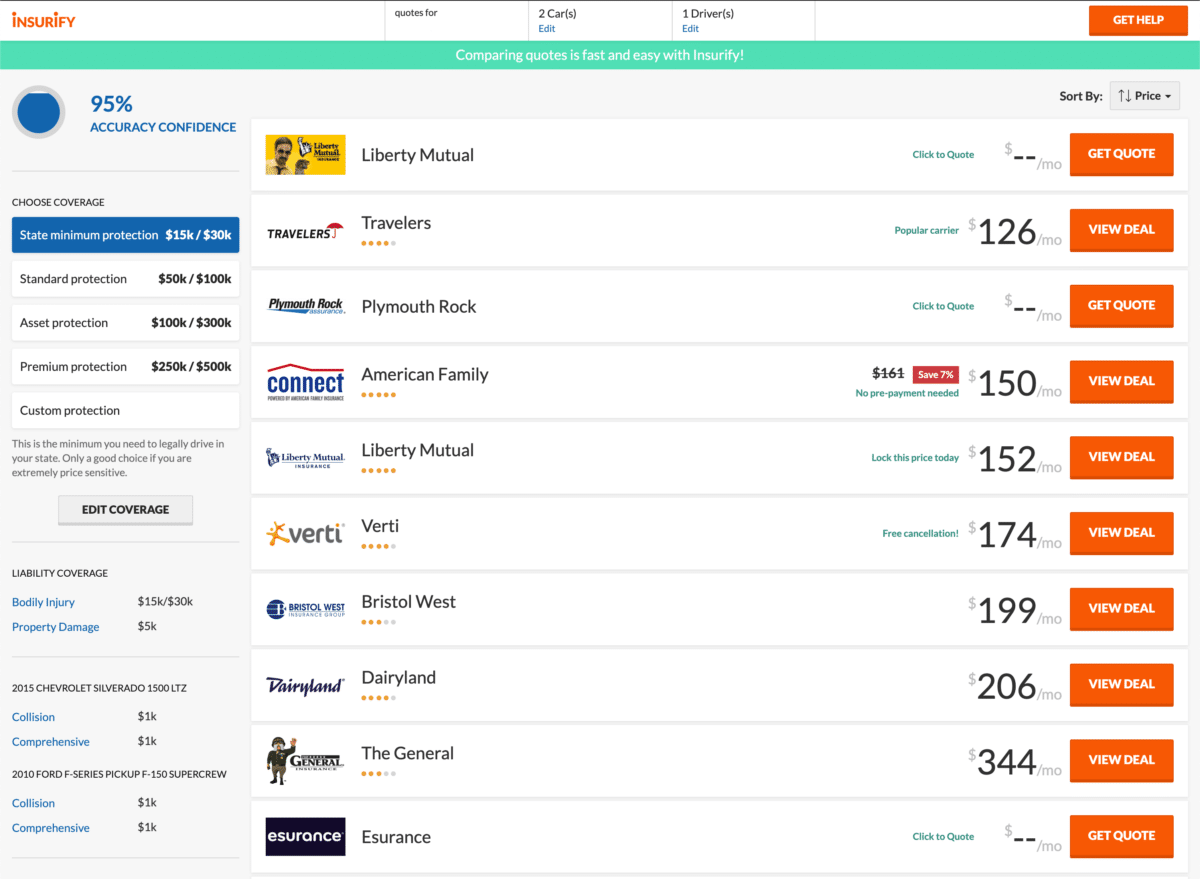Entire life and universal life insurance coverage are both considered irreversible policies. That suggests they're designed to last your whole life and will not expire after a specific amount of time as long as required premiums are paid. They both have the possible to build up cash value in time that you may have the ability to borrow versus tax-free, for any reason. Because of this feature, premiums might be higher than term insurance coverage. Whole life insurance policies have a set premium, indicating you pay the very same quantity each and every year for your coverage. Much like universal life insurance coverage, entire life has the prospective to accumulate cash worth with time, creating a quantity that you may have the ability to obtain against.
Depending upon your policy's prospective cash value, it may be utilized to avoid an exceptional payment, or be left alone with the possible to build up worth with time. Possible development in a universal life policy will vary based upon the specifics of your individual policy, as well as other aspects. When you purchase a policy, the providing insurer establishes a minimum interest crediting rate as described in your contract. Nevertheless, if the insurer's portfolio makes more than the minimum rates of interest, the business might credit the excess interest to your policy. This is why universal life policies have the prospective to make more than an entire life policy some years, while in others they can make less.
Here's how: Considering that there is a cash worth element, you may be able to skip superior payments as long as the cash worth is enough to cover your needed costs for that month Some policies might allow you to increase or decrease the death benefit to match your particular scenarios ** In many cases you may obtain versus the money value that might have accumulated in the policy The interest that you may have earned with time builds up tax-deferred Entire life policies provide you a repaired level premium that won't increase, the potential to collect cash value in time, and a repaired survivor benefit for the life of the policy.
As a result, universal life insurance coverage premiums are normally lower throughout durations of high rate of interest than whole life insurance premiums, frequently for the exact same quantity of coverage. Another key distinction would be how the interest is paid. While the interest paid on universal life insurance coverage is frequently changed monthly, interest on an entire life insurance policy is normally adjusted annually. This could mean that during periods of increasing interest rates, universal life insurance policy holders may see their money values increase at a fast rate compared to those in entire life insurance coverage policies. Some people might choose the set survivor benefit, level premiums, and the potential for development of an entire life policy.
Although entire and universal life policies have their own special functions and benefits, they both concentrate on providing your liked ones with the cash they'll require when you die. By dealing with a certified life insurance representative or business agent, you'll have the ability to pick the policy that finest meets your private needs, spending plan, and financial objectives. You can likewise get afree online term life quote now. * Supplied required premium payments are timely made. ** Increases may be subject to extra underwriting. WEB.1468 (How to get health insurance). 05.15.

The Facts About How Does Term Life Insurance Work Revealed
You don't have to think if you ought to enlist in a universal life policy due to the fact that here you can find out all about universal life insurance coverage benefits and drawbacks. It's like getting a sneak peek before you purchase so you can choose if it's the ideal type of life insurance for you. Check out on to find out the ups and downs of how universal life premium payments, money value, and death advantage works. Universal life is an adjustable kind of irreversible life insurance coverage that enables you to make changes to 2 primary parts of the policy: the premium and the death advantage, which in turn impacts the policy's cash worth.
Below are some of the total benefits and drawbacks of universal life insurance. Pros Cons Designed to use more flexibility than entire life Doesn't have actually the guaranteed level premium that's readily available with entire life Money value grows at a variable rates of interest, which might yield higher returns Variable rates also imply that the interest on the money value could be low More chance to increase the policy's cash worth A policy normally requires to have a positive cash worth to stay active One of the most attractive features of universal life insurance coverage is the ability to choose when and just how much premium you pay, as long as payments fulfill the minimum quantity required to keep the policy active and the Internal Revenue Service life insurance standards on the optimum quantity of excess premium payments you can make (What is comprehensive insurance).
However with this versatility also comes some downsides. Let's review universal life insurance pros and cons when it pertains to altering how you pay premiums. Unlike other kinds of permanent life policies, universal life can adapt to fit your financial needs when your cash circulation is up or when your spending plan is tight. You can: Pay greater premiums more regularly than needed Pay less premiums less typically and even avoid payments Pay premiums out-of-pocket or utilize the cash value to pay premiums Paying the minimum premium, less than the target premium, or avoiding payments will negatively affect the policy's cash worth.